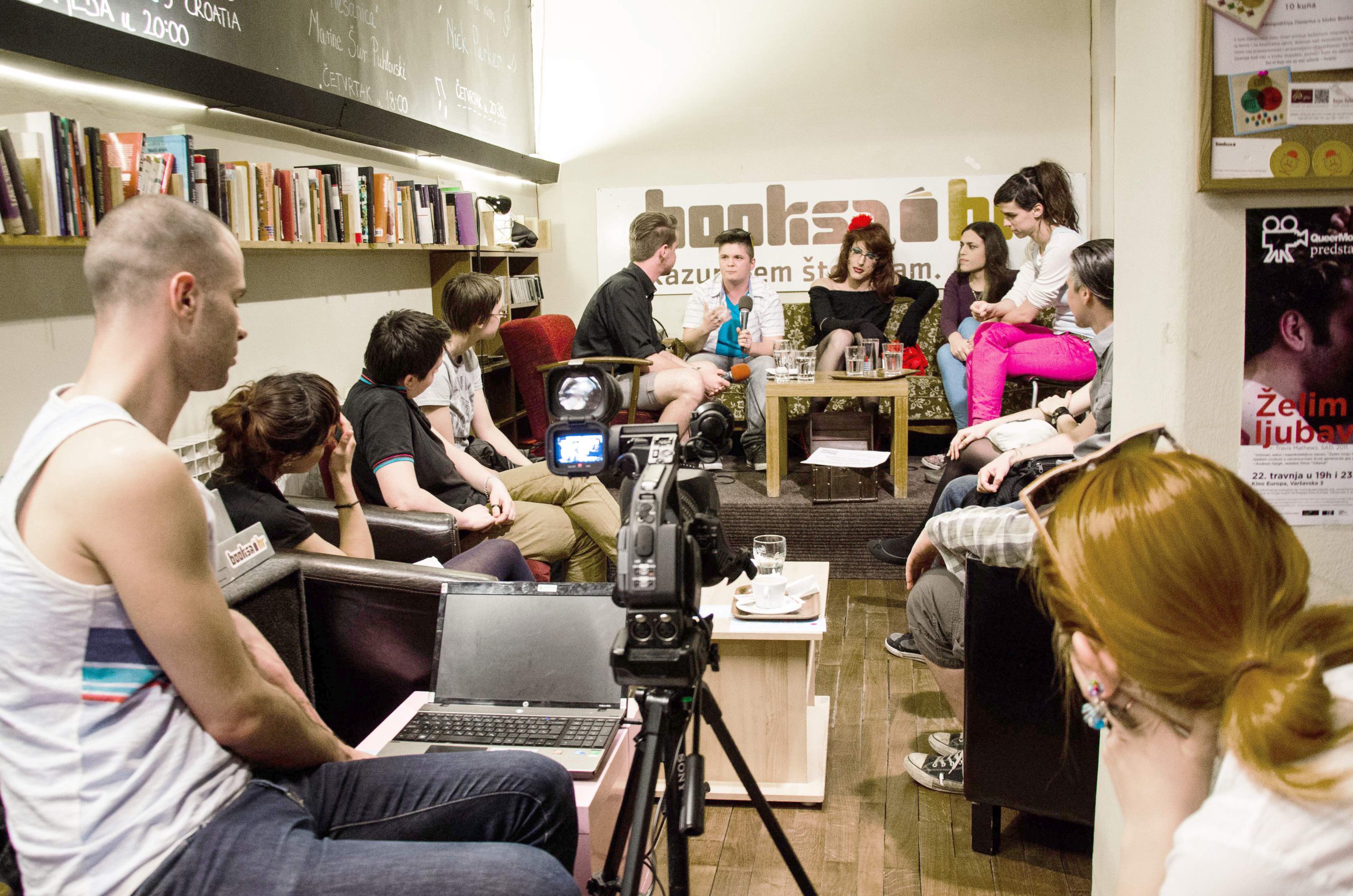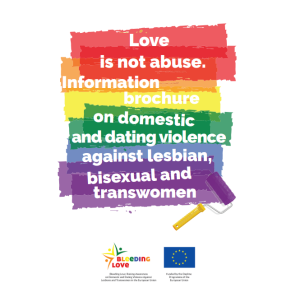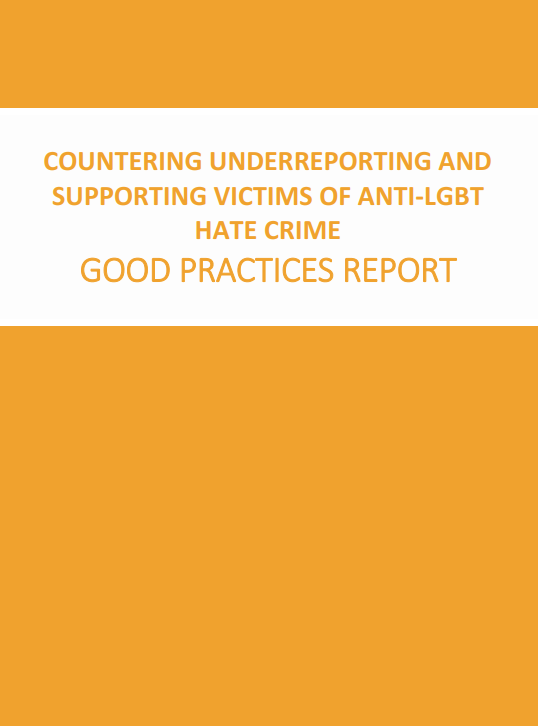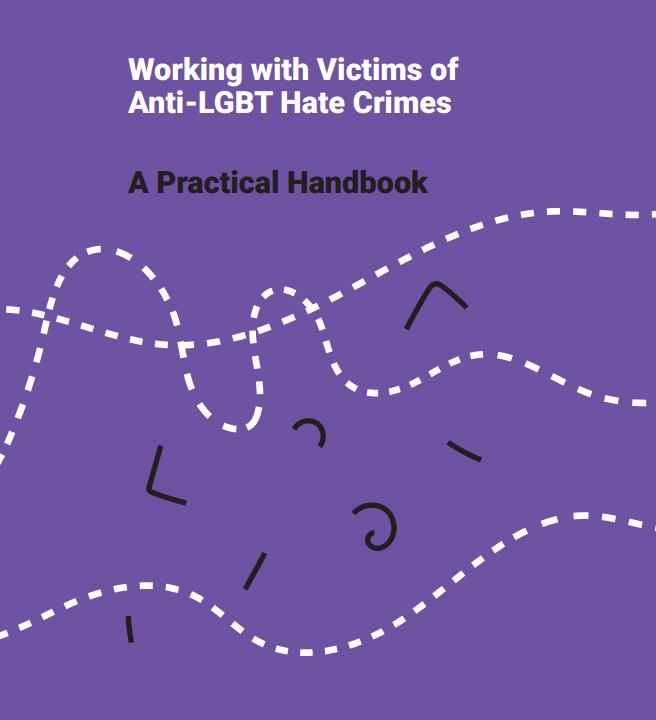
Despite the efforts of many scholars, international actors, civil society organisations and some governments to tackle violence targeting lesbians, gay men, bisexual and transgender (LGBT) people, the understanding of antiLGBT hate crime in Europe remains limited.
The problem is further exacerbated by the low level of reporting of hate crime, as many victims remain distrustful of the system and feel that reporting will not change their situation. The inaction of bystanders often leaves victims of hate crimes feeling alone and vulnerable. Lack of research coupled with lack of reports renders hate crime invisible for the public and – in some cases – for the authorities. This in turn results in insufficient resources being put into policing, prosecuting and sentencing, victim support, awareness-raising, and outreach.
Our philosophy for countering hate crime is based on addressing three key needs: the need to build infrastructure and improve the capacity of professionals to work with victims; the need to raise awareness among the general public and empower victims and witnesses to react; and the need to further our understanding of hate crime to inform all advocacy and policy activities. Building the capacity of professionals (e.g., police, prosecutors and victim support centres) to effectively recognise anti-LGBT hate crime and support victims is the first step to tackle the problem. Once the infrastructure for reporting and victim support is put in place, we may start to raise awareness of anti-LGBT hate crime among victims and witnesses, encouraging both of these key groups to call out hate crime. For campaigns to be effective, we need to make sure that they are evidence-based and target well-defined groups.
While the combined efforts of the Come Forward and Call It Hate projects come to a close, the need to counter anti-LGBT hate crime should become a priority for both the EU and the national governments. For that, changes in the law, policy and practice are needed, and resources need to be made available to ensure that victims receive the protection and support they need and perpetrators are brought to justice.
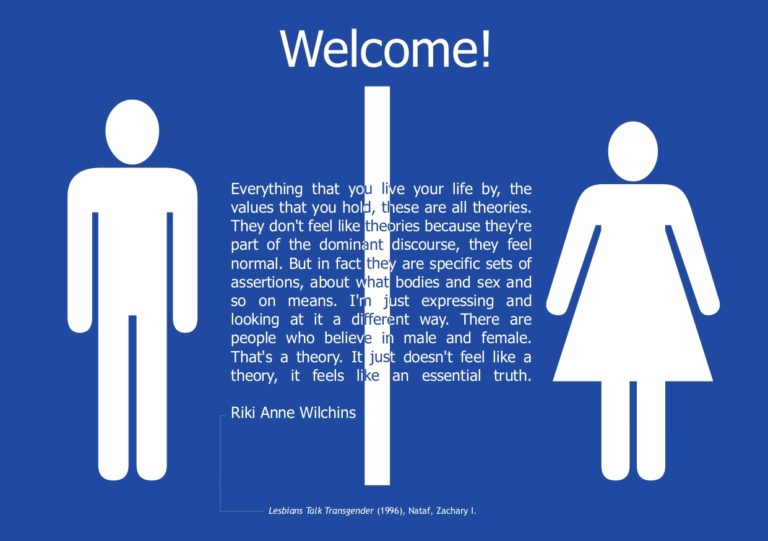
Sex and Gender: Creation is a workbook for creating concepts of sex and gender on social and individual level. Issues about sex and gender are considered and discussed in different domains, such as: lawmaking, medicine, biology, language, sexuality, education, history, politics, activism and human rights. Sex and gender are analized as being determined by identity, as ways of personal expressions, as social constructs, roles and norms as basic classification, inequality and discrimination.
Everyone has the right to define one`s own body and identity, and to demand that society respects that right.
Everyone has the right to self-definition, self-conception and self-identification of one`s own sexual and/or gender identity, as well as to modification of the aforesaid.
Everyone has the right to express and to determine one`s own sexual/gender identity without being obliged to fit into existing definitions and categories.
The right to express sex and gender and sexual/gender identity includes the right to sexual/gender ambiguity and contradiction, and does not imply only the binary concept of “male” or “female”.

